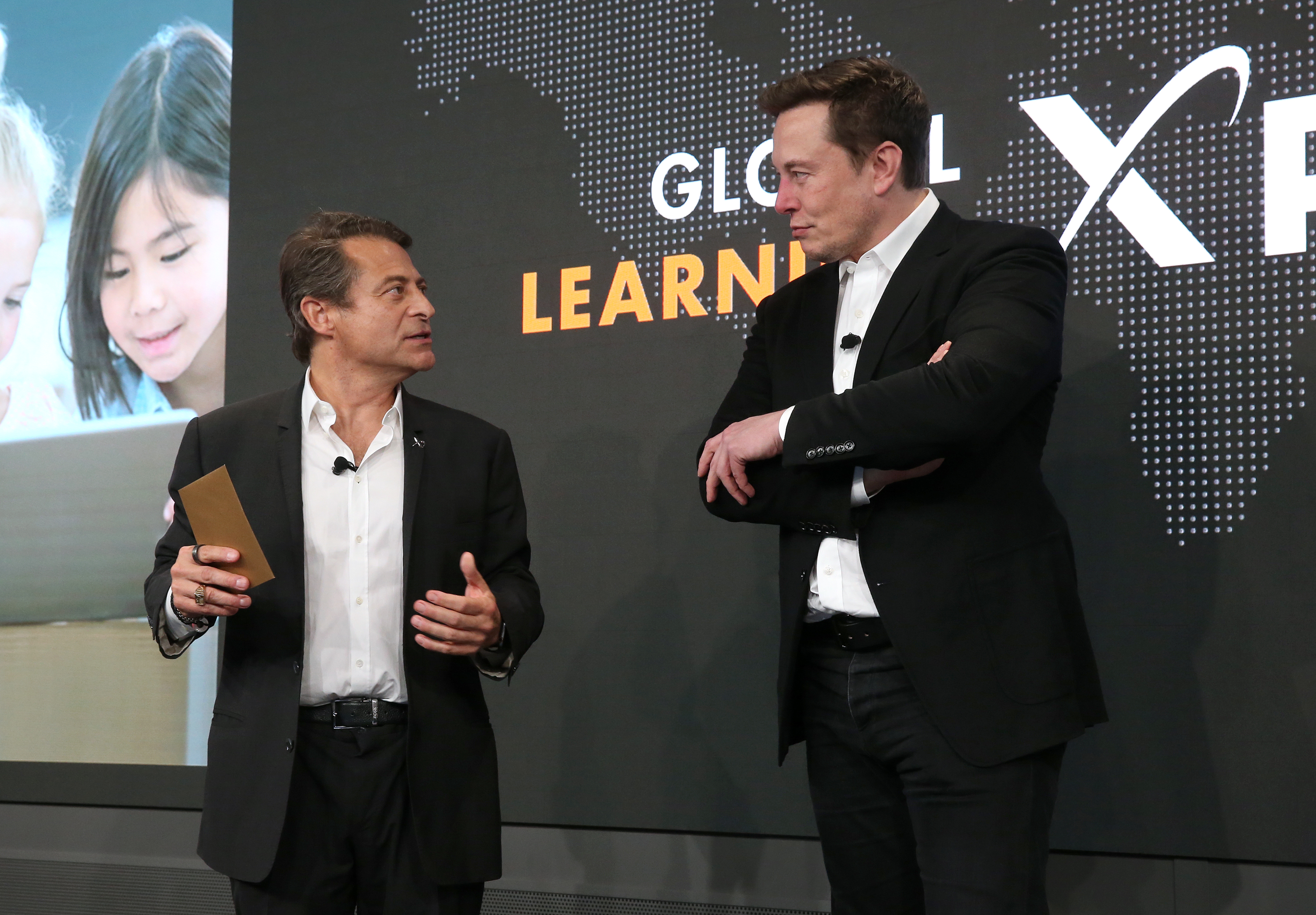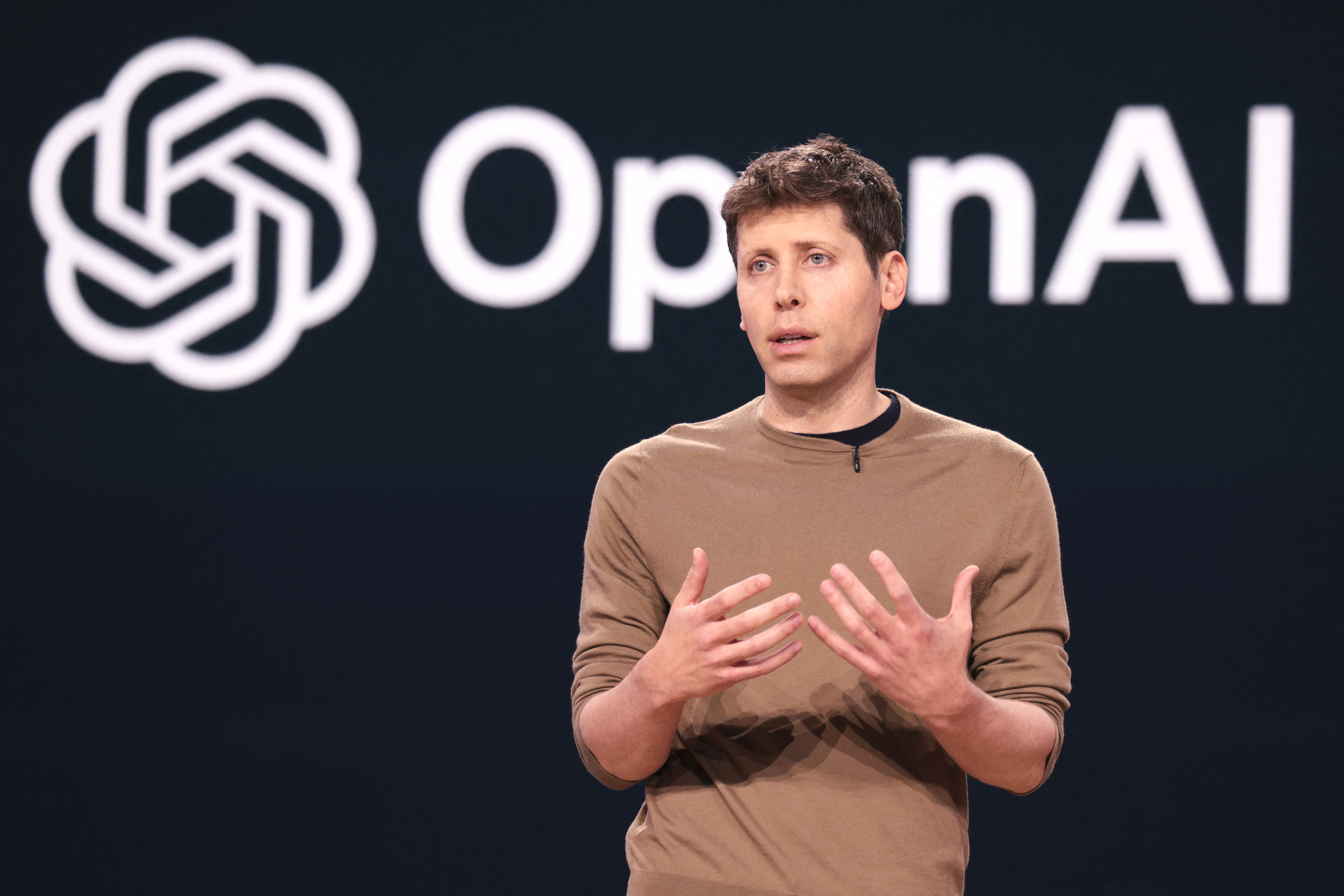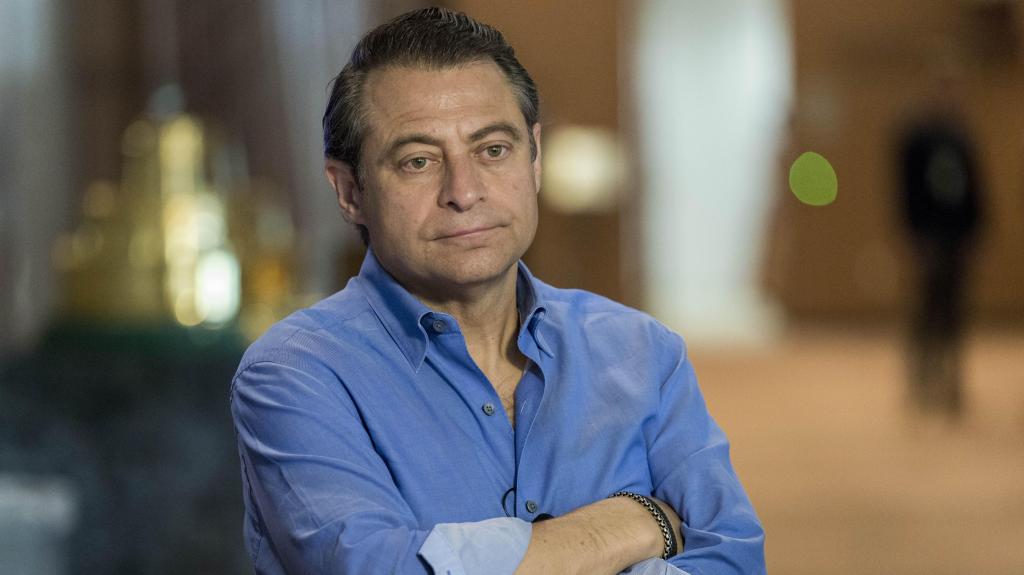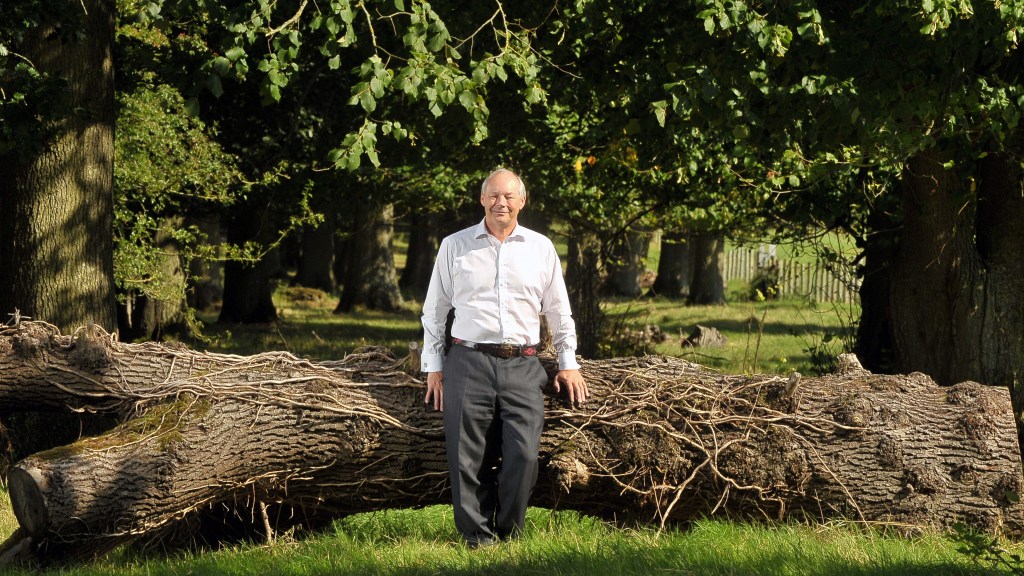Massive £87 Million Prize Announced for Breakthroughs in Anti-Ageing Technology
Renowned tech entrepreneur Peter Diamandis, aged 63, envisions living an additional century to witness the colonization of Mars and communication breakthroughs with animals. ‘This is the most extraordinary time ever to be alive,’ he asserts. ‘We face significant challenges, but we have unprecedented tools to tackle them.’
One of these paramount challenges is ageing, and Diamandis is determined to address it.
Diamandis, the notable founder of the X Prize, recently initiated applications for an ambitious competition: awarding $111 million (£87 million) to the team or company that can develop a treatment to reverse ageing effects on muscles, cognition, and immune function by 20%. Meeting all these criteria sets a high bar.
Diamandis is optimistic about a major breakthrough in extending human life, driven by revolutionary ageing research, progress in animal trials, and a growing number of billionaires intensely focused on life extension.
His goal is to achieve ‘escape velocity,’ a controversial notion where anti-ageing advancements can outpace ageing itself. Diamandis explains, ‘I had children at 50, and I want to see their great-grandchildren. I know ageing is coming, so I’m doing everything to delay it as long as possible.’
Through the X Prize Foundation, established 30 years ago, Diamandis has launched over 30 competitions, each funded by affluent individuals or companies, with prizes awarded only if goals are met. Past prizes include a $1 million contest for literacy apps and a $119 million desalination breakthrough aimed at this year.
The 1994 Ansari X Prize, which offered $10 million to develop a reusable spaceship, placed X Prize on the map when Scaled Composites won it in 2004. Sir Richard Branson’s acquisition of Scaled Composites laid the groundwork for Virgin Galactic, spurring the private space industry.
Next on Diamandis’ agenda is an ‘interspecies two-way communication’ prize, aiming to use AI to enable human-animal communication. ‘Animals communicate reliably among themselves. Large-language models can help us understand and translate that,’ he says.

Diamandis’ immediate priority is longevity. ‘I need another 100 years to experience the future I envision,’ he says, highlighting interests in Mars colonization and asteroid mining.
Diamandis excels at aligning billionaires with causes they are passionate about. ‘I’m against wealth just sitting there or being spent on luxuries,’ he argues. ‘I have friends with billions, unused, which could instead make significant impacts.’
For instance, when Elon Musk became the world’s richest man in 2021, Diamandis suggested funding a prize to remove CO2 from air or ocean. ‘He was criticized for not being philanthropic, so I proposed the prize,’ Diamandis recalls. Musk swiftly agreed, providing $100 million for the prize and $20 million to run the competition, which has since narrowed 6,000 entrants down to 300 finalists.
The longevity prize’s funding is led by Saudi Arabia’s Hevolution initiative and backed by billionaires like Christian Angermayer and Lululemon founder Chip Wilson.

James Peyer, CEO of Cambrian Bio, a company investing in longevity drugs, remarks, ‘The X Prize generates serious attention in the sector.’
The key question is whether it will significantly progress the field. There has been a massive influx of investment into longevity start-ups over the past five years, spearheaded by tech billionaires like Coinbase founder Brian Armstrong and OpenAI’s Sam Altman.
Peyer believes the prize will motivate existing researchers to aim higher rather than attract new ones. ‘Companies already succeeding may see this as an opportunity for additional trials to win the prize,’ he notes.




Post Comment